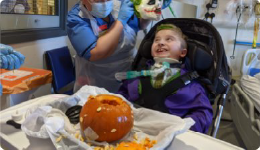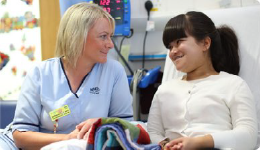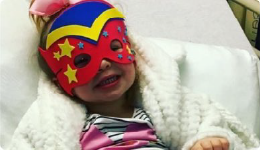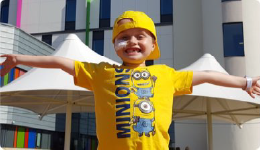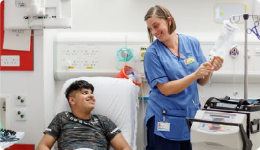Symptomatic hypermobility - information for parents
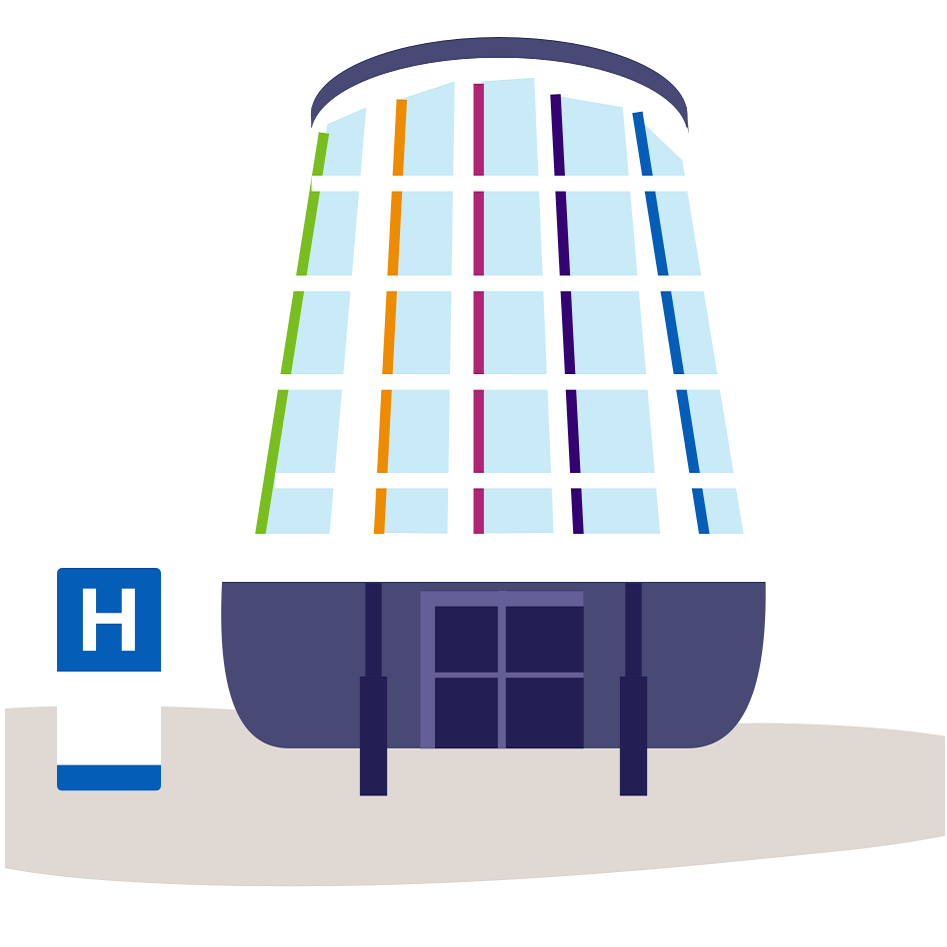

What is Hypermobility?
Hypermobility is a description of joint movement. Hyper means ‘more’ and mobility means ‘movement’. Ligaments offer stability to joints and in hypermobility, ligaments are lax and joints have more flexibility. It is not an illness or a disease, just the way someone is put together. It is considered a normal finding by medical professionals.
Is there cause for concern?
Many children who are hypermobile experience no symptoms or difficulties and being hypermobile is beneficial in a lot of sports. It is not fully understood why some children have more symptoms than others and it is not necessarily related to the degree of hypermobility. However it is believed that these problems are related to poor muscle strength, poor muscle stamina and poor control of joint movement, not the hypermobility itself.
What can I do to help?
As the symptoms are understood to be related to weaker muscles and that the joints may be less stable, muscles need to work harder and therefore it is particularly important to focus on being healthy, strong and fit. The stronger and fitter your child is, the better for their hypermobility and general well being. Ensure your child does not get overweight as this may stress muscles and joints more.
When to seek advice
Physiotherapy can be useful after an injury to give advice and exercises in order to return to normal activities. If your child is having problems with activities of daily living, referral to an Occupational Therapist may be helpful. Seek advice from your GP if you are concerned that your child is experiencing frequent or severe pain.





